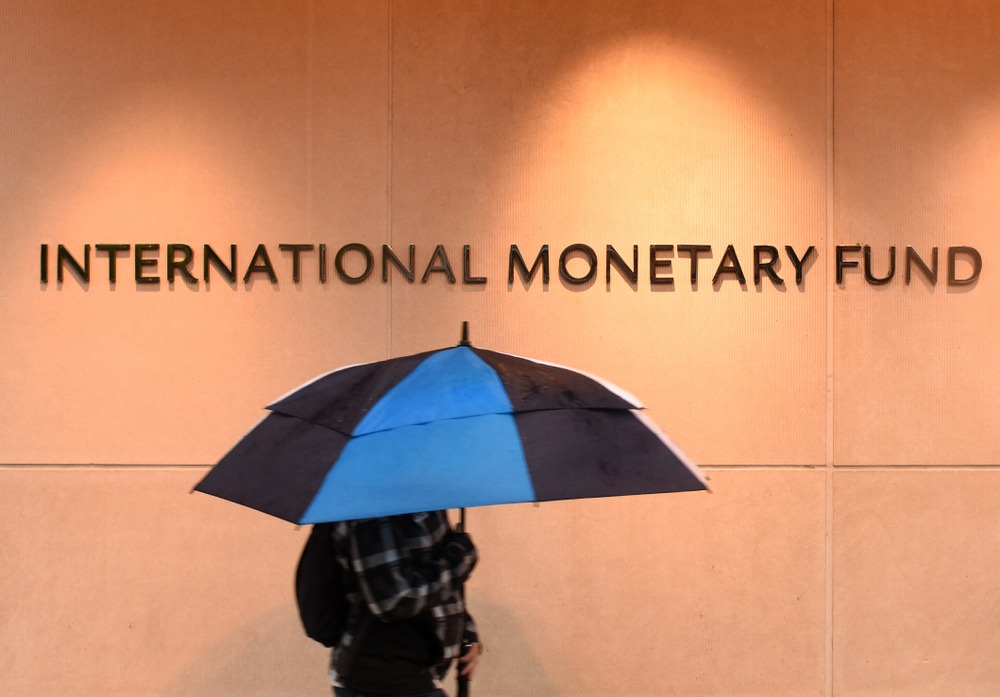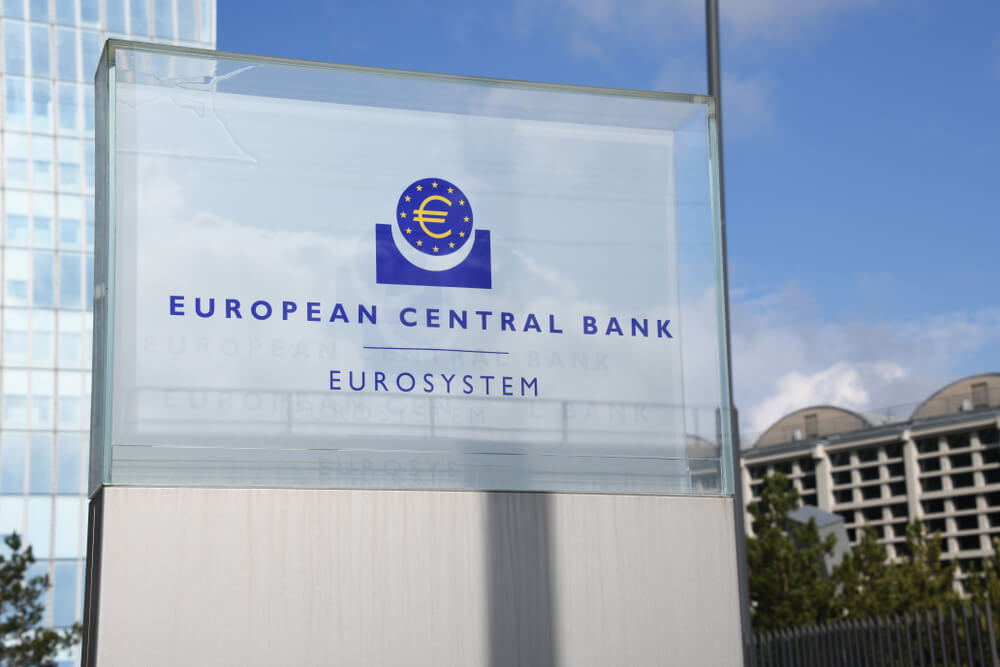Official numbers released Friday show that the British economy increased 7.5 % in 2021. It rebounded from an unprecedented 9.4 % drop in 2020 when influenza restrictions hindered output.
The UK’s GDP (gross domestic product) should have climbed by 1% in the last three months of the year every quarter. According to the Office for National Statistics, it follows a downwardly corrected 1% growth in the preceding quarter.
In December, the omicron COVID-19 variant necessitated more care and containment measures. It caused GDP to contract by 0.2 percent, despite economists predicting a more severe 0.6 percent drop. According to the ONS, the main drivers of the quarterly increase in output were “human health and social work activities driven by increased GP visits at the start of the quarter,” as well as “a large increase in coronavirus (COVID-19) testing and tracing activities and the extension of the vaccination program.”
Defend Christmas at All Costs
The UK’s self-imposed holiday shutdown to ‘defend Christmas’ only had a minor influence on GDP in December. Emma Mogford, fund manager of the Premier Miton Monthly Income Fund, stated that this is an optimistic indicator for the economy’s health.
The omicron variant did not cause the huge setback predicted in November. However, the UK economy will confront a slew of obstacles in 2022.
The Bank of England now forecasts inflation to reach 7.2 % in April. It has raised interest rates twice in a row for the first time since 2004. The main Bank Rate has risen from 0.1 % to 0.5 %, with additional tightening.
Meanwhile, due to rising energy prices, the country’s energy regulator upped its price ceiling by £693 ($938) per year as of April 1, putting even more hardship on millions of people.
Last week, the Bank of England reduced its GDP growth predictions. It warned that the impact of inflation means the economy would likely expand 3.75 percent in 2022, rather than the 5% originally expected.
“The cost of living has become a major issue for millions of people, and if it continues, it will affect the economy,” said Annabelle Williams, a personal finance consultant at Nutmeg, a British online investment management service.













